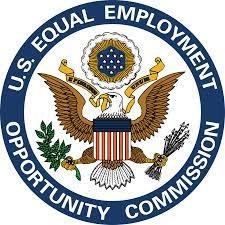
What is the Easiest Way for an Employer to Show That They Have Inclusive Hiring Practices?
Employers do a great job of having equal employment opportunity statements, in accordance with their principles (and the law).

How Do I list Jobs From Prison on My Resume?
The prospect of listing employment held while incarcerated can be intimidating.

Once I Go to Treatment, Am I “Cured” of Being an Alcoholic or Addict?
Just like going to the gym for a month will not make up for a life filled with bad eating and poor exercise habits, a month (or six) in a rehabilitation facility will not “cure” an addict or alcoholic of their condition.

How Can an Employer Spot Signs of Substance Abuse in an Employee?
The answer to this used to be pretty straightforward in a world where workers went to the office on a regular basis. Employers could look for visual cues, such as a haggard appearance, disheveled clothing, or the smell of alcohol.

How Can Employers Help Workers Who Have Gone to Treatment Return to Work?
Employee Assistance Programs and health insurance companies do a wonderful job of providing treatment for employees who need help with substance issues. However, there is virtually no formal support offered after the employee completes (or leaves) treatment and returns to the workplace.
How can employers help their employees reacclimate to the workplace?
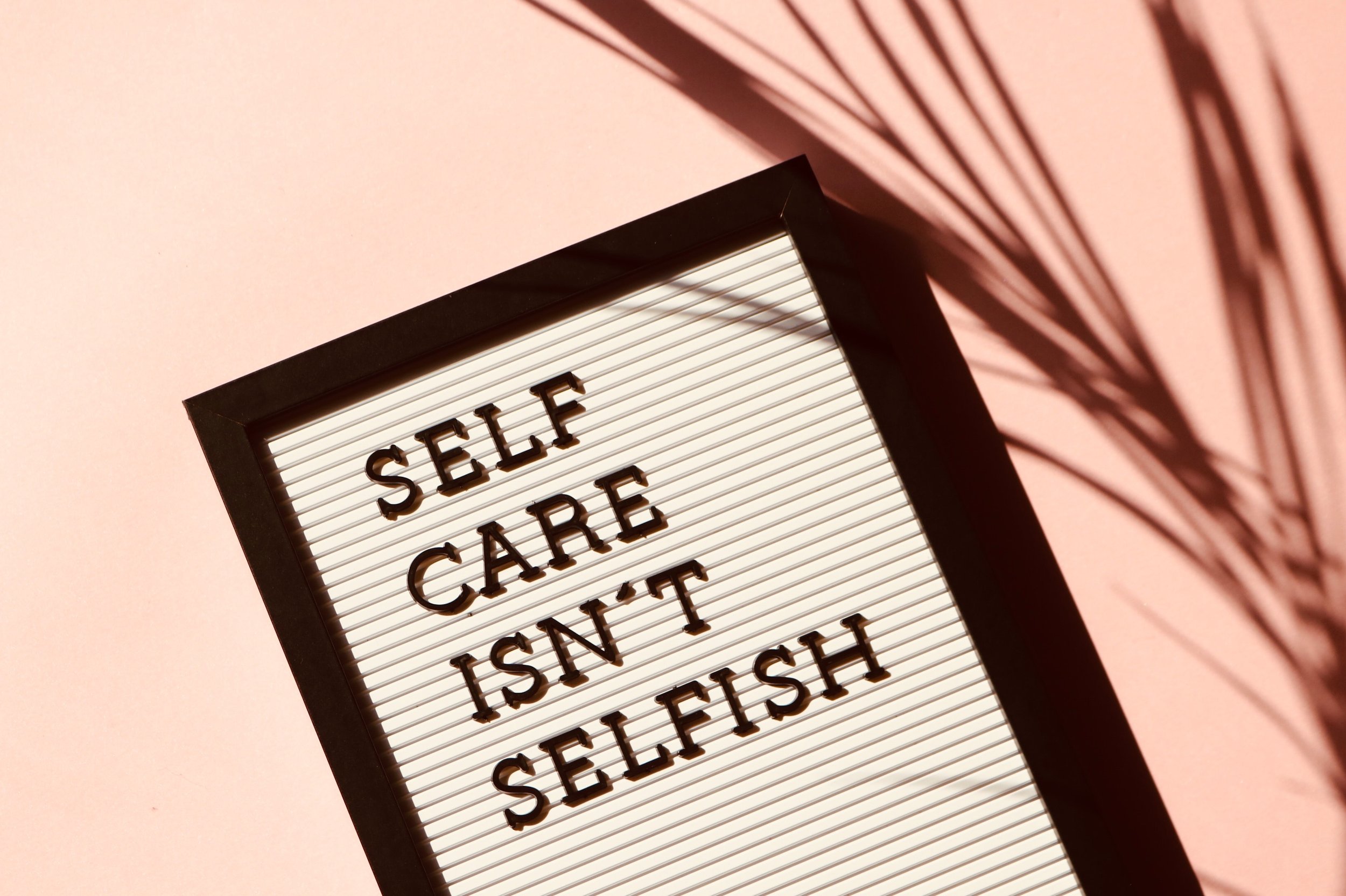
Why is Self-Care Important in Recovery?
The process of rebuilding a life or a career that has been affected by drugs and alcohol can seem overwhelming. While it is certainly worth the effort, it can be draining, and it can often be hard to see the long-term benefits while you’re in the middle of the process. Self-care is critically important as you begin the process and as you move through it.
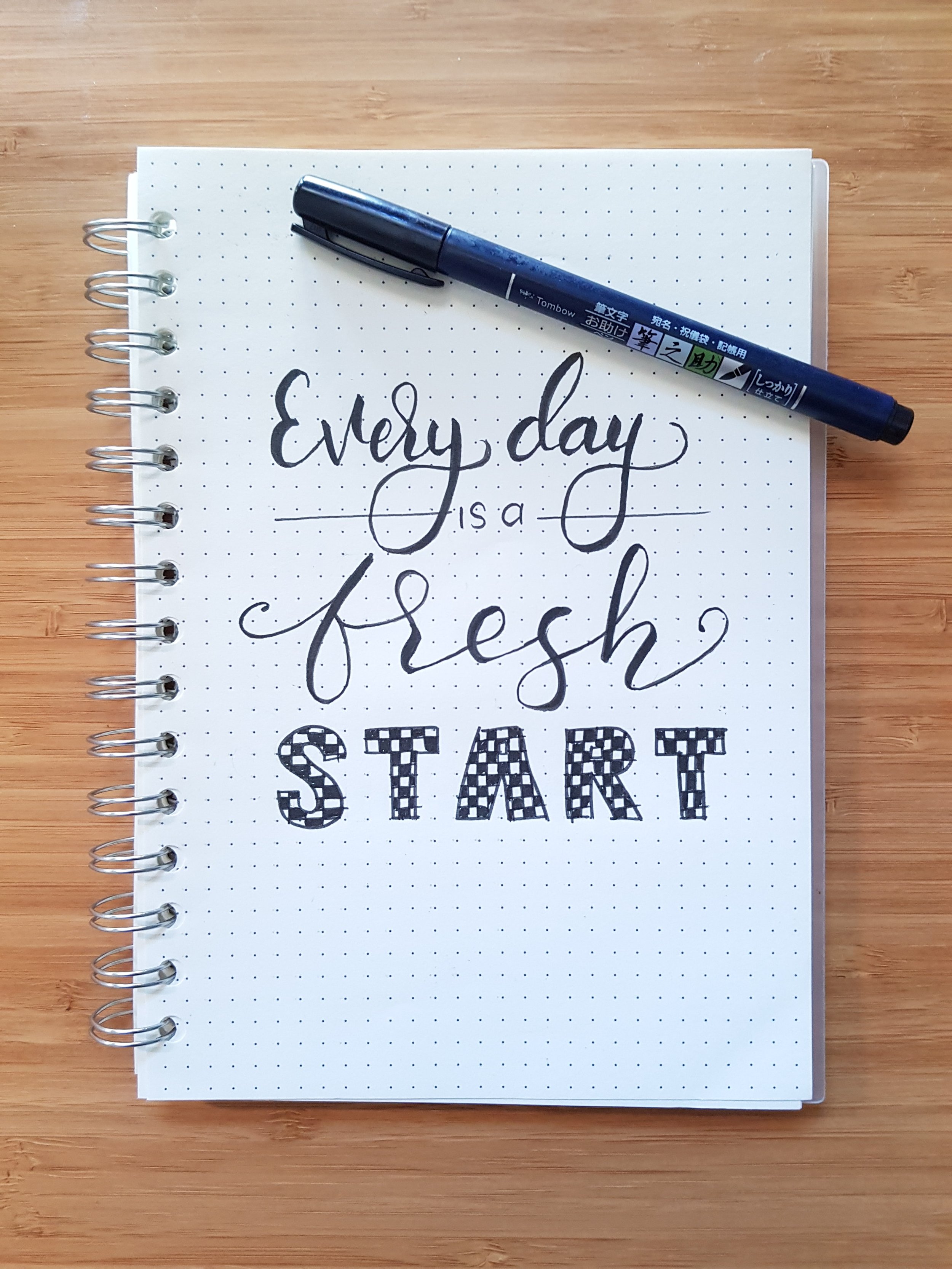
What Does Acceptance Have to Do with Saving My Career?
The Oxford Dictionary definition of acceptance is “willingness to tolerate a difficult or unpleasant situation.” When it comes to previous mistakes, acceptance is the best we can strive for. Acceptance means we stop railing against what we think should not be. It is about acknowledging what is, even when undesirable.

How Do I Transition Back Into the Workplace After Going to Treatment?
Considering a return to work after going to rehab can cause anxiety for many. While companies do a great job of providing Employee Assistance Programs (EAPs) or health insurance that covers the cost of drug or alcohol treatment, there is almost no guidance after the employee returns to the workplace.
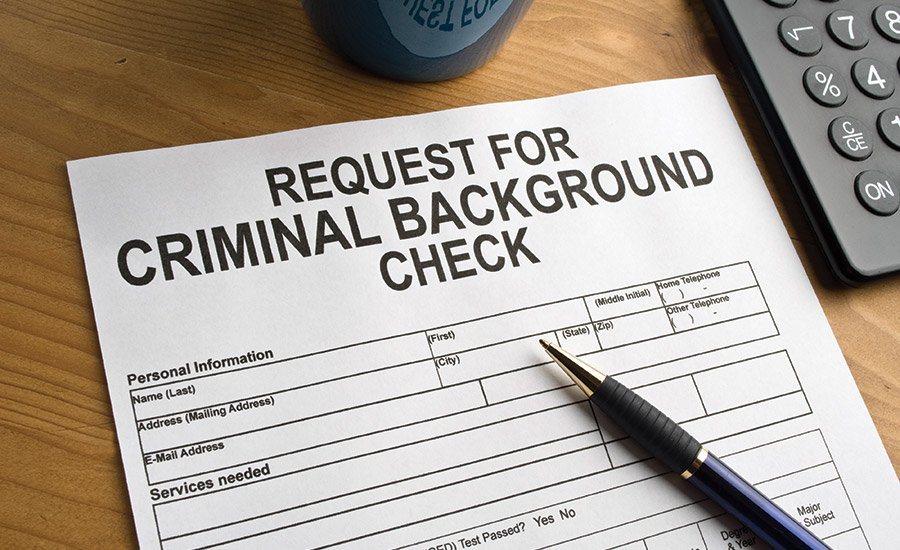
How Do I Figure Out Whether an Employer Will Do a Background Check?
If you have a criminal record, you should try to figure out if a company does a background check before you apply, and if so, what kind. For a big company, there is probably a lot of info about this. If you have felonies, you should pay close attention to this information. If the company has a policy that says they do not hire people with felonies, unless you have some fantastic connection at the company that can override policy, you are probably wasting your time.

When Will I Know I'm Ready for a Career Position?
On the ABC Employment Path - A for Any Job you can get, B for the Better Job - C, the Career position is the ultimate destination. It is where all the hard work and dedication that you poured into the A and B jobs pays off with a career that pays you well, allows professional and personal growth, and that you enjoy.

Why is Second Chance Employment Important?
Second chance employment is not just an opportunity for people to rebuild their lives but provides many benefits to other parts of society.

Should I Lie About My Criminal History?
Absolutely not! You should always be prepared to tell the truth - but be strategic about it.

Do I Have to Quit Drinking to Save My Career?
I get asked this question a lot. The answer is absolutely, positively, definitely…maybe.
When thinking about rescuing a career impacted by alcohol or drugs, the question to ponder is: if I don’t decide to quit using substances, what is my plan to manage my use so that it doesn’t affect my work?
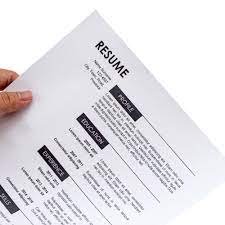
What Information Do I Need to Build a Resume?
As I explain in this blog post, there are two types of resume - chronological and functional - and the type you use will depend on your situation and work history.
No matter which type you choose, there is some standard information you will need in order to build your resume
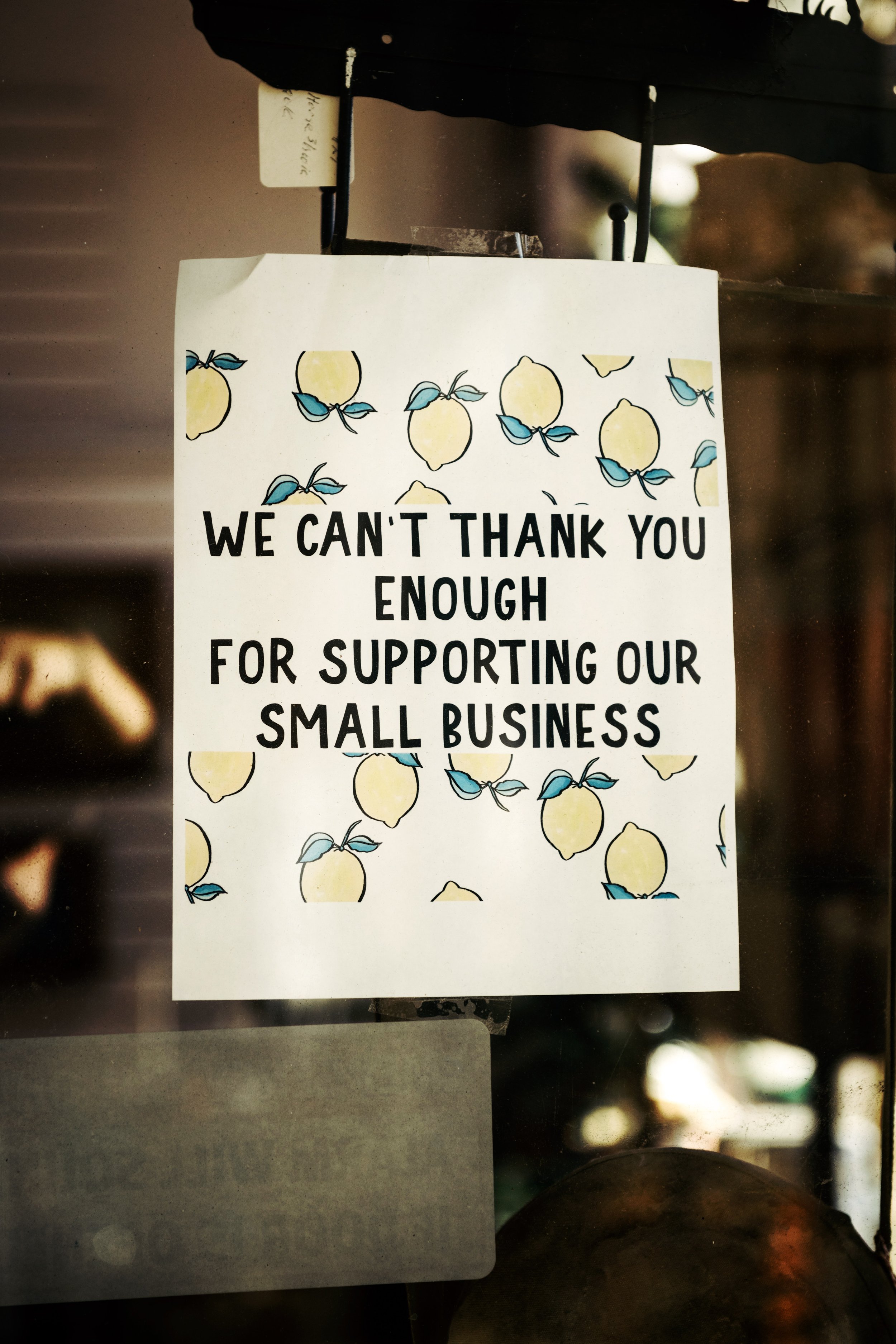
Where is the Best Place for Me to Look for a Job If I Have Criminal Convictions?
If you have misdemeanors, there are likely more companies that will be willing to hire you than if you have felonies. There are companies that hire felons as well, but they tend to be on a case-by-case basis. You can find a list of large, national employers who will hire people with a criminal record here.
